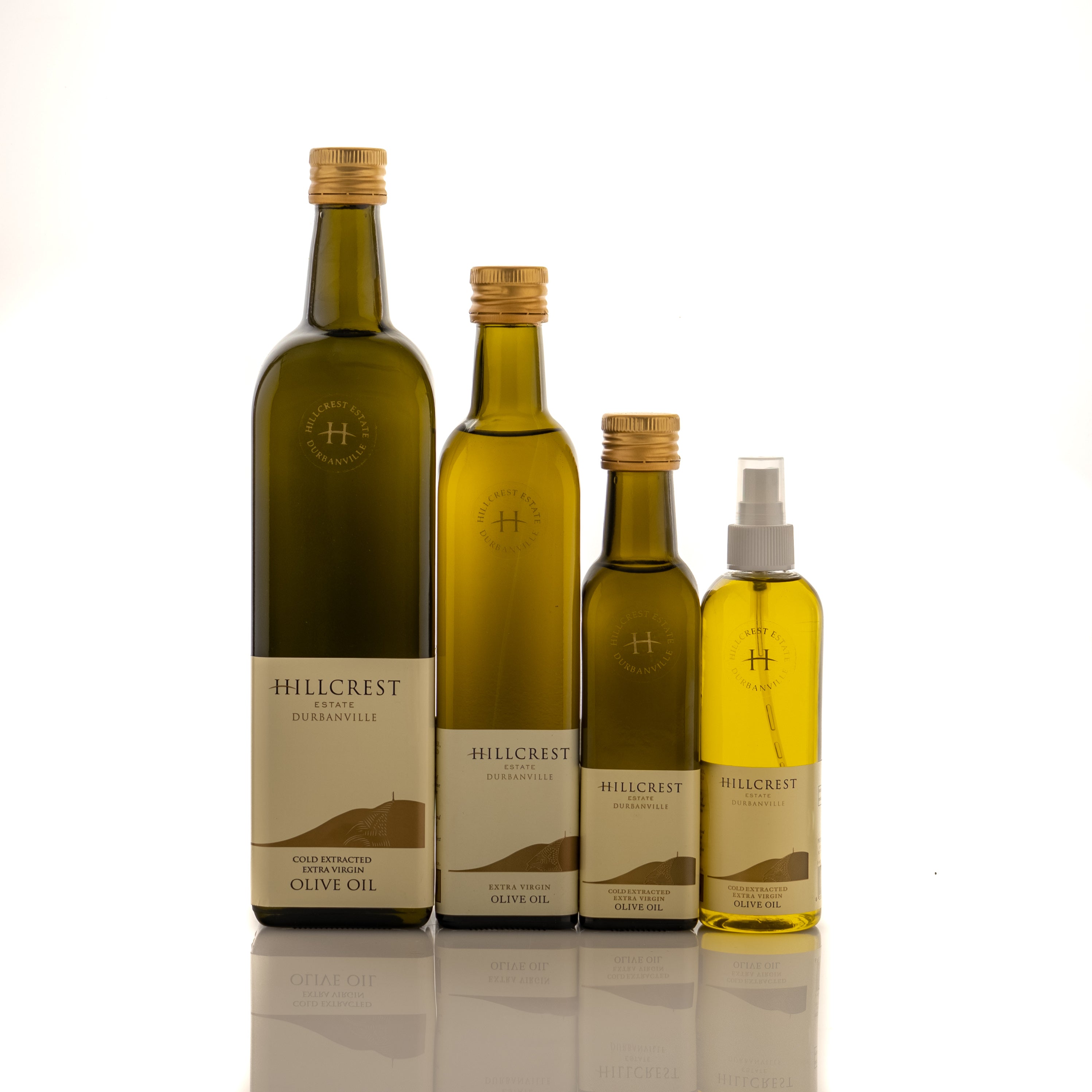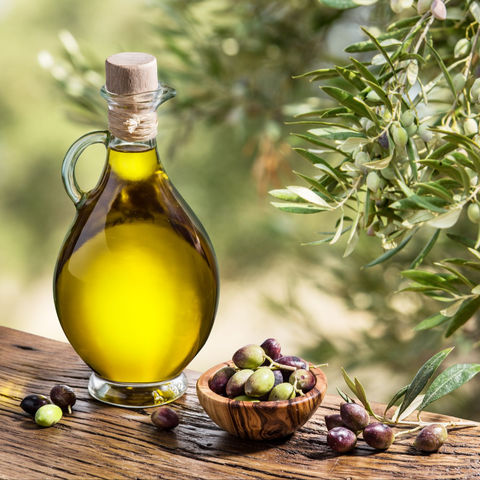Understand Everything About Olive Oil and Its Vital Role in Mediterranean Cuisine
Olive oil, an important active ingredient in Mediterranean cuisine, has an abundant history crossing countless years. This functional oil, offered in selections like additional virgin and instilled, contributes special flavors and health and wellness advantages to a series of recipes, from salads to pasta - olive oil for sale. It's not just its culinary relevance that makes it a staple, but likewise its potential for improving heart wellness and overall wellness. This write-up aims to strengthen your understanding of olive oil and its indispensable role in Mediterranean way of life and food.
The Background and Origin of Olive Oil in the Mediterranean

Identifying Kind Of Olive Oil and Their Distinct Attributes
Exploring the globe of olive oil, one quickly finds a shocking variety of types, each flaunting unique qualities and taste accounts. Extra virgin olive oil, the best, is renowned for its robust flavor and low level of acidity. Virgin olive oil, though much less luxurious, provides a well balanced preference and a somewhat higher acidity level. Pure olive oil, a blend of cold-pressed and refined oils, has a lighter taste and shade, making it suitable for cooking as opposed to dressing. Light and additional light olive oil, in contrast to their names, do not describe calorie web content yet rather to their color and flavor, which are the lightest among all types. Instilled olive oils, which are imbued with natural herbs, spices, or fruits, add an unique spin to standard olive oil.
The Production Refine: From Olive Grove to Container
Recognizing the various types of olive oil and their distinct characteristics is simply the start. The manufacturing process, from olive grove to container, is a fascinating trip steeped in tradition and precision. It starts in the olive groves, where the fruit is gathered at the optimal time to ensure the ideal taste. The olives are then quickly transported to the mill to stop perishing. Right here, they are cleaned and web squashed right into a paste. The paste is mixed, permitting the oil to separate from the pulp. This oil is then pushed and filtered, causing the best of olive oil. The procedure is careful, reflecting the relevance of this golden fluid in Mediterranean cuisine.
Olive Oil's Payment to Mediterranean Cuisines
Infusing a selection of Mediterranean meals with its distinctive flavor, olive oil makes its mark as an indispensable component. It conveys a the original source rich, durable taste to salads, pasta, and roasted veggies, while including a silky structure to sauces and dips. Its use is not limited to simple food preparation; it also offers as a clothing for salads and a dipping sauce for bread. In Mediterranean cuisine, olive oil is utilized freely, not just for its taste, yet also for its capability to boost the tastes of other components. It's no overestimation to say that olive oil is the foundation of several Mediterranean dishes, supplying an underlying note of taste that binds with each other diverse components. The relevance of olive oil in Mediterranean cuisine is incontestable; he said it truly defines the region's culinary identification.
Health Advantages of Olive Oil: Why It's a Mediterranean Diet Plan Staple

Final Thought
In final thought, olive oil, ultimate to Mediterranean food, has an abundant history and unique production process. The journey of olive oil truly exemplifies the essence of the Mediterranean lifestyle.